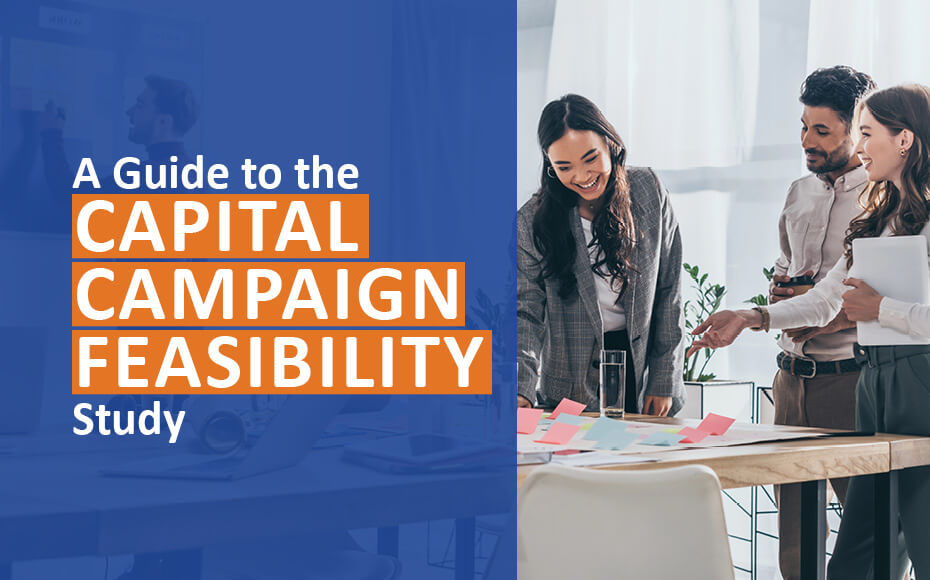Conducting a funding feasibility study is an important first step every organization must take before launching a capital campaign. This process helps you determine the viability of your project before investing significant time and money into the campaign. A well-executed feasibility study will paint a clear picture of whether your project is economically justifiable, supported by the community, and worth the investment of time and resources needed for the campaign to succeed.
Trust: The Key to a Successful Study
The success of a feasibility study relies on the discipline and methodology of the team executing it. Skipping steps is not recommended!
I cannot stress enough how important a role trust plays. For a study to be successful, there must be trust between the nonprofit organization and the consultant, and the consultant must be adept at quickly building trust between themselves and the people they interview. If a feasibility study consultant is not trusted by the client organization with the necessary information needed to conduct the study, they won't know the most important answers needed from the study. If an interviewee does not feel they can trust the consultant with their honest input, the answers they do get might lead to faulty recommendations.
Asking the Right Questions to Determine Funding Feasibility
Some of the primary components involved in a feasibility study are a preliminary analysis of the organization, confidential constituent interviews, and analysis of the data obtained. All these elements help the team reach a conclusion if the project should move forward or not.
Some of the key questions asked during the interview process include:
- Who will be leaders of the campaign?
- Who is willing to lead the campaign by providing a 'challenge' gift?
- Which elements of the plan are funders willing to invest in?
- How much are funders willing to commit to help achieve the campaign goal?
- What is the community's perception of the organization?
- How is the leadership viewed by the constituents?
- What are the challenges that could impact giving during a campaign?
- What are the issues, if any, that may concern constituents regarding the organization?
- How can we position the campaign to maximize funding support and provide long-term sustainability?
The interview process provides the big picture of possible financial support. It is not the time to ask for money, as tempting as it may be. The study process is a time for forecasting, raising awareness, building interest, and seeking involvement. Leave the asking for the actual campaign.
Finding the Right Team to Manage Your Feasibility Study
I'd like to leave you with one last thought about the feasibility study process, specifically on how to decide who to hire to manage your study. A plan can look great on paper but without the human factor and right attitude, it will be challenging (if not impossible) to be successful. And a successful funding feasibility study is crucial to a successful capital campaign. With that in mind, here are five key consultant characteristics that are essential to the success of your feasibility study:
- Good listener
- Does their research
- Actively works to build trust
- Organized
- Prompt
Most importantly, they truly love what they do!
Convergent Nonprofit Capital Campaign Consultants and Feasibility Study Experts
If you need a trusted feasibility study professional, capital campaign consultant, fundraising expert, or resource development professional, the team at Convergent Nonprofit Solutions is here for you. We invite you to contact our professionals today, explore our resources, or take our capital campaign readiness quiz to get started today!






